T4K3.news
Florida tightens kratom rules now
Emergency rule designates 7-OH as Schedule I in Florida and moves to remove concentrated products from shelves.
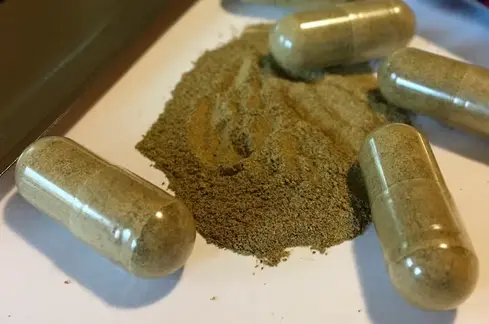
Florida uses an emergency rule to classify 7-hydroxymitragynine as a Schedule I substance, citing safety concerns and youth exposure.
Florida bans 7-OH component of kratom in emergency move
Florida AG James Uthmeier filed an emergency rule to designate 7-hydroxymitragynine as a Schedule I controlled substance, making it illegal to sell or possess any isolated or concentrated form of the drug. Officials say the order aims to curb a substance tied to health risks and rising use among young people. The FDA has not approved kratom or any products containing 7-OH, and regulators warn that concentrated forms can be dangerous.
Key Takeaways
"Due to the danger posed to the public, Florida is taking 7-OH off the shelves immediately."
Statement by Florida AG James Uthmeier
"This dangerous substance is being marketed to teens and young adults and has a high potential for abuse and death."
Statement by Florida AG James Uthmeier
"Vape stores are popping up in every neighborhood in America, and many are selling addictive products like concentrated 7-OH."
Statement by FDA Commissioner Marty Makary
"7-OH is an opioid that can be more potent than morphine We need regulation and public education to prevent another wave of the opioid epidemic."
Statement by FDA Commissioner Marty Makary
The move reflects a broader push to regulate unapproved natural products more aggressively. Supporters say it protects teens and could reduce emergency room visits linked to kratom. Critics, however, may view the rule as a heavy-handed step that could push consumers toward unregulated markets or black markets. The policy could also spark legal challenges from kratom vendors and investors who say the crackdown may harm legitimate uses and small businesses.
The decision tests how far state authorities will go to curb perceived risks before there is broad medical consensus. It highlights a tension between public health aims and consumer access, and it invites ongoing scrutiny of enforcement costs, compliance burdens, and the potential for unintended consequences in local economies.
Highlights
- Due to the danger posed to the public Florida is taking 7-OH off the shelves immediately
- This dangerous substance is being marketed to teens and young adults and has a high potential for abuse and death
- Vape stores are popping up in every neighborhood in America and many are selling addictive products like concentrated 7-OH
- 7-OH is an opioid that can be more potent than morphine We need regulation and public education to prevent another wave of the opioid epidemic
Regulatory action faces public reaction and legal questions
The emergency scheduling of a kratom component raises concerns about access, enforcement costs, and potential legal challenges from industry groups. It also signals a broader push to regulate unapproved natural products.
Regulators will be watched for how this affects access to alternative remedies and the cost of enforcement.
Enjoyed this? Let your friends know!
Related News
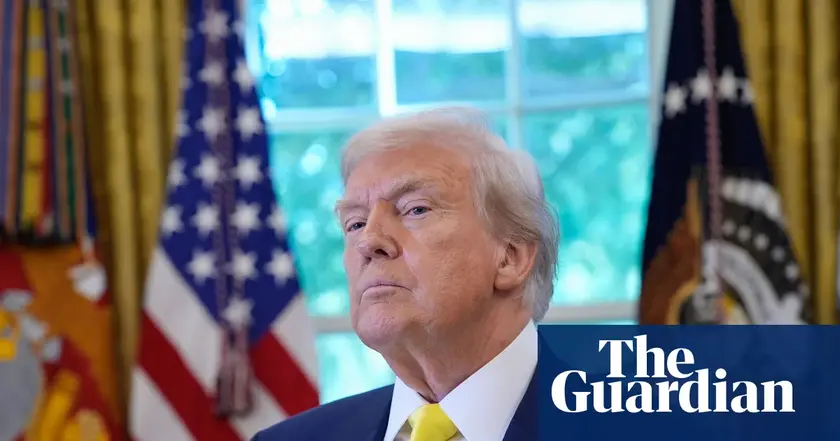
Trump pushes toward dictatorship after 200 days
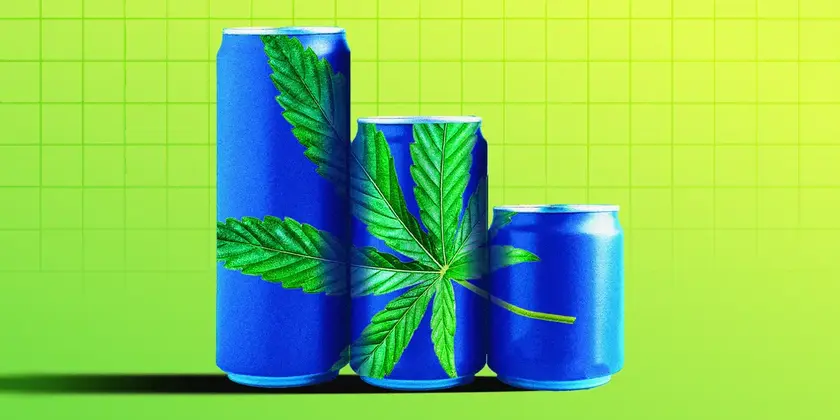
Cannabis beverages struggle to win broad adoption
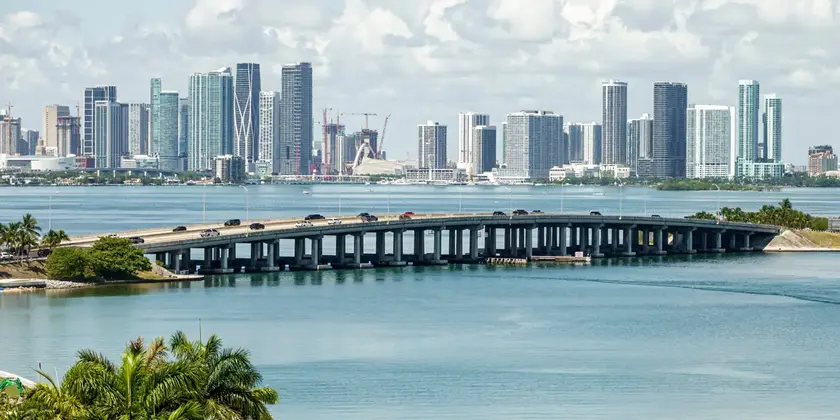
Global UHNW second homes rise

Florida surpasses California in solar capacity growth

Vaping illness reveals popcorn lung in young mother
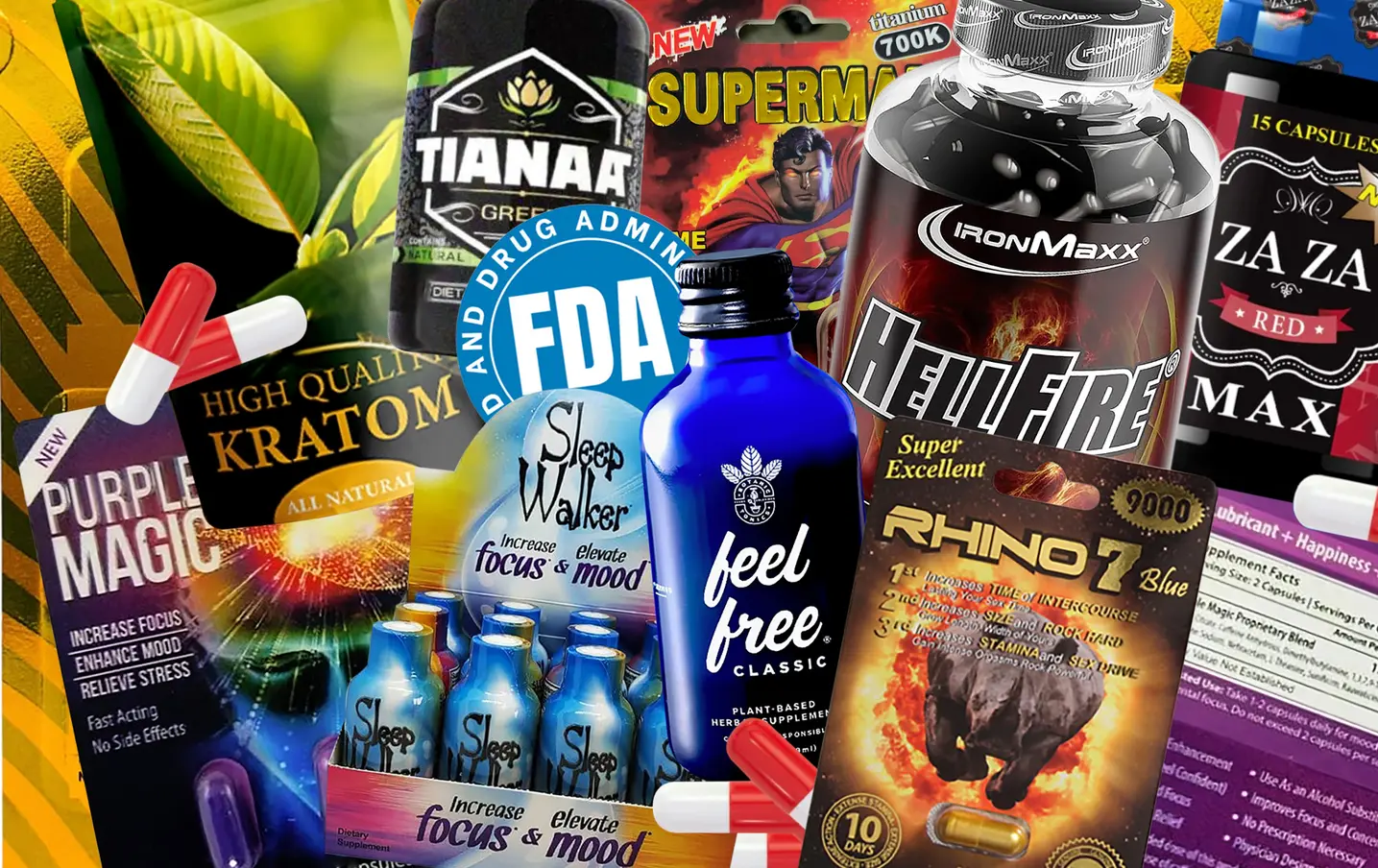
Deregulation fuels a dangerous supplement market

Tesla to pay over $200 million for Autopilot crash damages
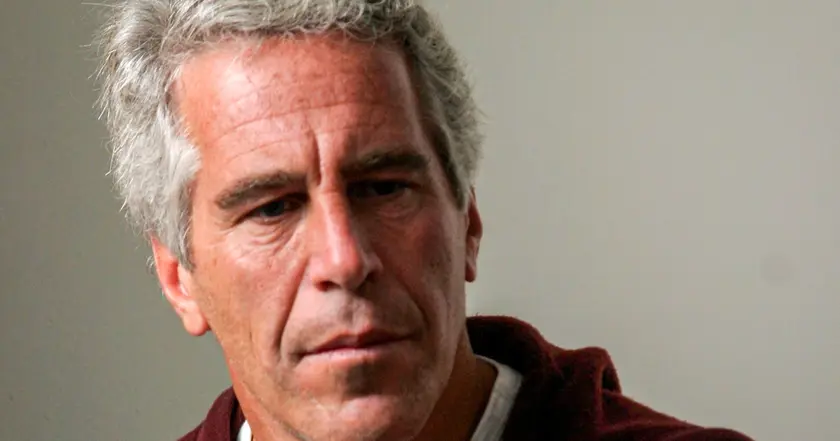
Judge blocks release of Epstein grand jury transcripts
